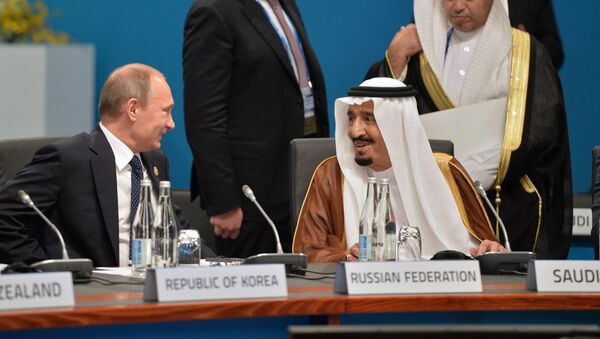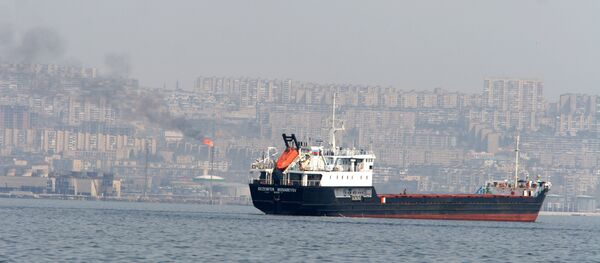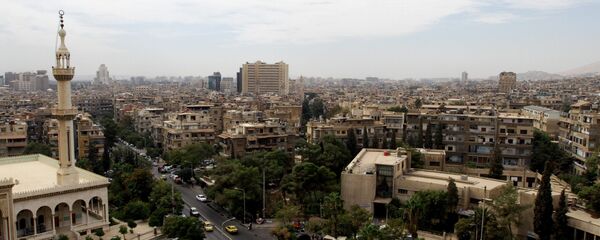Saudi Arabia seems to be losing its position in the Middle East. Its supportive policy towards Islamists since the infamous Arab Spring has turned into a fiasco. Its intervention in Yemen is stumbling. In addition, the latest Saudi initiatives in the European oil market, traditionally dominated by Russian suppliers, as a response to the growth of Russian oil deliveries to China, seem to have little long term consequences, Lombardi said in an interview with the French news website Atlantico.
Meanwhile, Russian, Iranian and Kurdish operations in Syria and Iraq could at any minute change the balance of power in the region, ensuring the return of Iran to the Middle Eastern arena.
But according to an IMF report, Saudi cash reserves are plummeting at an astonishing rate, and can only hold out for a maximum of five more years.
With shrinking oil revenues, no investment in academic and technological fields, an unprecedented water crisis and the return of Iran, the kingdom has plenty of reasons to be feeling ill at ease.
“Like the Shia religion that is a very organized and hierarchical religion, the multi-millennial nation [Iran] also offers an image of a homogenous nation, stable, pragmatic, disciplined, also rich in oil, and which, in turn, also trains engineers!” notes Lombardi.
“For some, an alliance with Iran can therefore replace the alliance with Saudi Arabia whose future is uncertain. The Russians and now the Americans have understood it. Even if they do not shout it out from the rooftops, the Israelis are also very well aware,” he adds.
Therefore the "deal" between Russia and Saudi Arabia seems quite clear, the expert says. “On the part of Riyadh, a rise in oil prices, probably accompanied by the purchase of arms and its agreement to let President Assad temporarily remain in power.”
“On the part of Moscow, more cooperation with Saudi Arabia on the Syrian crisis, in particular during the period of political transition and, finally, a form of "right of scrutiny" for Saudis on arms sales to Iran (as is already the case with Israel).”
“Certainly the intense diplomatic Kremlin Ballet and its diplomats will make history in the annals of international relations,” states Lombardi.




